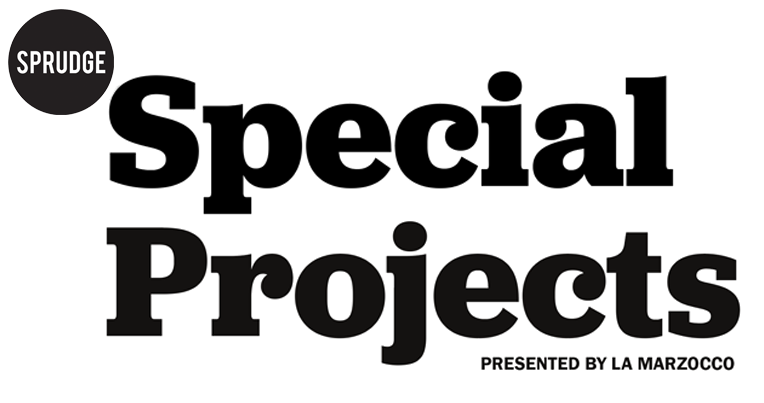
The Art of Espresso Exhibition
October 1, 2024 @ 8:00 am - February 4, 2025 @ 5:00 pm

“Passione italiana: l’arte dell’espresso” (Italian Passion: the Art of Espresso) focuses on one of the world’s most beloved symbols of Italy: espresso coffee.
The objects on display include domestic and bar machines as well as coffee sets and cups by renowned designers, analysing the social significance of the world’s most-consumed brew through the places and domestic rituals that have shaped the collective imagination and habits over the past century.
The exhibition has the double aim to recount the evolution of design and technology surrounding coffee and to trace the history of its integration in South America since its origin, coinciding with the surge of Italian emigration to Brazil in 1874, which celebrates its 150th anniversary this year.
Find out more about coffee!
Curious about the world of coffee? From non-dairy creamer to experimental co-ferment processing, we have you covered…
- What Is An Americano? Espresso, Hot Water, and History
- What Is A Norwegian Egg Coffee?
- What Is An Affogato?
- What Is A Cortado?
- What Is A Caramel Macchiato?
- What is Dalgona Coffee?
- What Is A Matcha Latte?
- What Is Robusta Coffee?
- What Is The Coffee Belt?
- Does Coffee Grow In The United States?
- Can I Grow a Coffee Houseplant?
- What Is Laurina Coffee?
- What Is Eugenioides Coffee?
- Is The Coffee Plant A Tree, Bush, Or Shrub?
- Should You Drink Coffee After 70?
- How Is Coffee Decaffeinated?
- In Indonesia, Coffee Trends Meet Changing Cultural Norms With Delicious Results
- Ikawa Nziza Cyane: Inside Rwanda’s Groundbreaking Coffee Quality Project
- Ukrainian Roasters Moving Outside the Country
- In Ethiopia, New EU Regulations Require Ingenuity—And Technology—To Protect Coffee’s Future
- Coffee In The Congo: On The Path To Becoming The “Democratic Republic of Coffee”
- Chai, Chai Tea Lattes, And A Home Away From Home
- Coffea Stenophylla Is Ready For A Closer Look
- Regenerative Agriculture In Coffee: The Promise of True Sustainability















